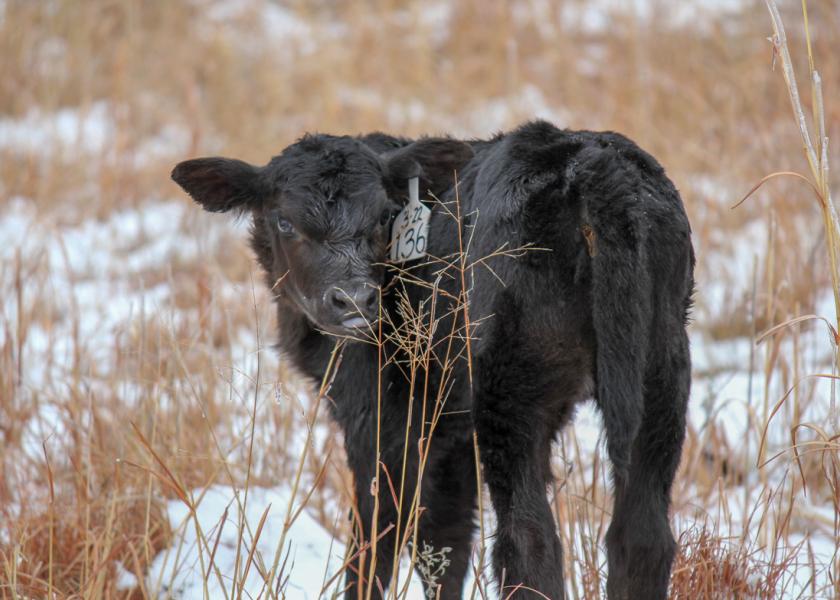Merck Reveals Data on First Vaccine to Reduce C. Parvum Infection

Merck Animal Health announced two sets of pivotal field study data evaluating the efficacy of an experimental vaccine to provide protection against Cryptosporidium parvum (C. parvum) in newborn calves.
“Cryptosporidium parvum is a highly infectious zoonotic parasite that is associated with neonatal calf diarrhea, the leading cause of calf morbidity and mortality. There is a critical need to treat and prevent this harmful infection,” said Geert Vertenten, Ph.D., DVM, global technical director of ruminant biologicals at Merck Animal Health. “The data we will present at the European Buiatrics Congress 2023 strongly support the advancement of a gp40-based vaccine to obstruct the development of C. parvum in newborn calves.”
The first set of data being presented at EBC 2023 evaluated an experimental Cryptosporidium vaccine for protection against C. parvum infection in neonatal calves by passive immunization. In the study, healthy pregnant heifers were given the experimental Cryptosporidium vaccine and Bovilis® Rotavec® Corona during the third trimester of pregnancy. After the calves were born, researchers collected colostrum from the vaccinated heifers, then randomly assigned viable newborn calves to receive the colostrum within four hours of birth before being exposed to C. parvum oocysts up to four hours later. The results showed that newborn calves fed with colostrum from Cryptosporidium-vaccinated heifers had a significantly lower chance of having diarrhea, as measured by health and diarrhea scores.
Merck Animal Health will also share a second set of analyses that investigated the antibody response of the same Cryptosporidium vaccine in cattle in relation to C. parvum parasitic infection stages and an in vitro infection model. The results showed that high level anti-gp40 in vitro neutralizing antibodies were significantly increased in animals that were given the Cryptosporidium vaccine compared to the non-vaccinated control group. These data further validate that gp40 is an important protein expressed on the exterior of different C. parvum infection stages.
“At Merck Animal Health, we are taking the lead in protecting cattle against the most common and harmful pathogens, as well as offering solutions that guide herd management decisions to help improve animal welfare and operational efficiency. That responsibility begins with equipping those in bovine herd health management with the tools they need to keep animals healthy and minimize the need for treatment,” said Philippe Houffschmitt, DVM, MBA, associate vice president of the global ruminant business at Merck Animal Health.







